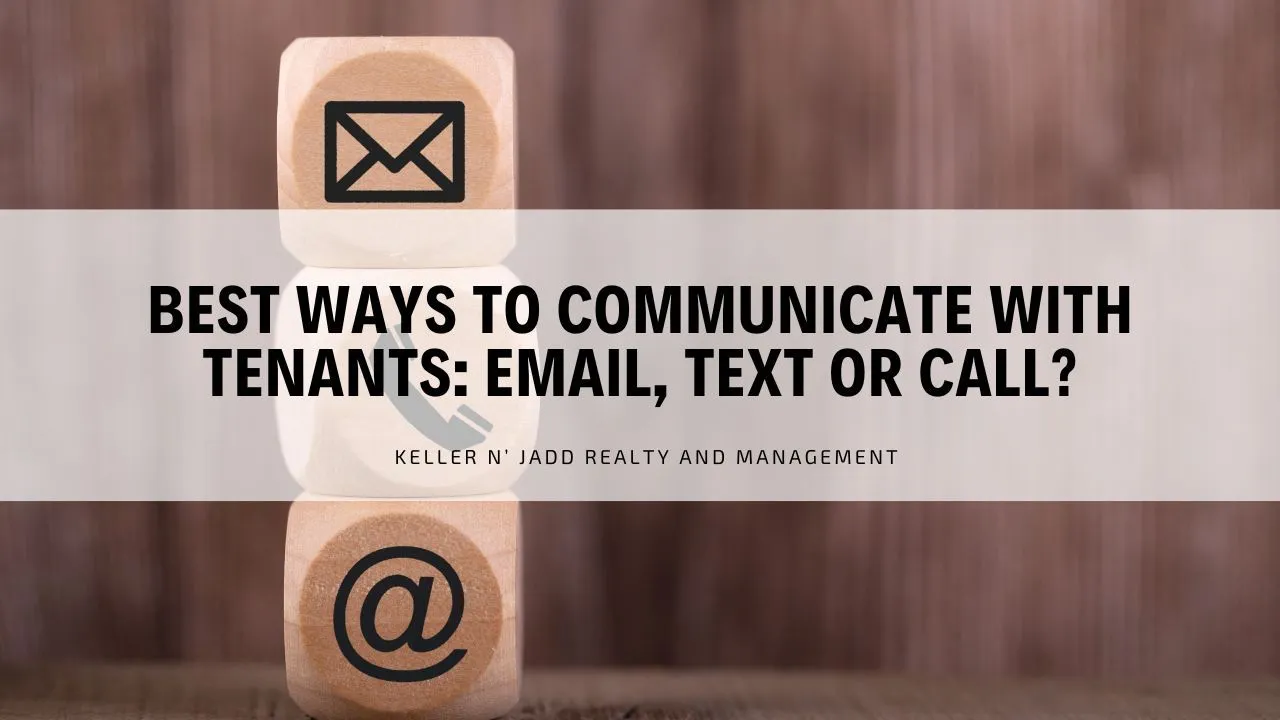Effective communication between landlords and tenants is essential for successful property management. According to a survey, 60 percent of tenants prefer digital communication methods over face-to-face interactions.
That includes email and text messaging, both of which offer convenience and quick response times. At the same time, phone calls are still widely used for more urgent matters or personal discussions. The method you choose can impact
tenant satisfaction, how quickly issues are resolved, and even how long tenants stay.
Finding the best communication method is not a one-size-fits-all solution. Some tenants may prefer a text, while others might respond better to a phone call or email.
Understanding the advantages and drawbacks of each option can help landlords maintain professional, respectful, and timely communication with tenants.
We at Keller n' Jadd Realty & Management have put together this article to help landlords like you, choose the right communication method depending on the situation and the tenant’s preference.
Comparing Communication Methods
Choosing the right method depends on the message, urgency, and tenant preferences.
Email Communication
Email communication offers several advantages for landlords. It provides a reliable method for record-keeping, making it easy to store and reference past conversations—an important feature for legal or administrative purposes.
Email also encourages a more professional and organized tone, helping to maintain a formal landlord-tenant relationship. Additionally, documents such as leases, forms, and maintenance instructions can be conveniently attached and shared.
However, email has its drawbacks. Responses may be delayed, as not all tenants check their inboxes frequently. There's also a risk that important messages could be missed if they end up in promotions or spam folders.
Email is best used when you need to keep a written record, share official documents, or communicate detailed information.
Text Messaging
Text messaging is a convenient and efficient way to communicate with tenants. It typically prompts quick responses, as most people check and reply to texts faster than emails or phone calls.
It’s also easy for both parties to send short, timely messages, making it ideal for everyday updates. The informal tone of texting can help foster open communication and build rapport.
That said, text messaging has limitations. It’s not well-suited for lengthy or complex instructions due to its character constraints. The informal nature can sometimes lead to misunderstandings or a lack of professionalism. Additionally, texts aren’t easily stored or searched, making it harder to maintain a clear record of communications.


